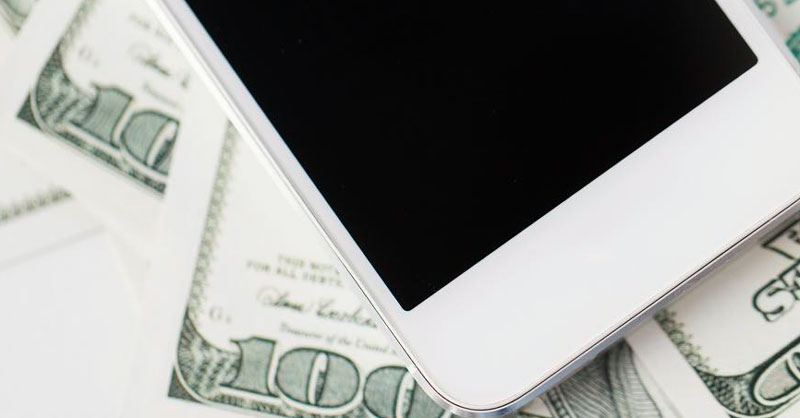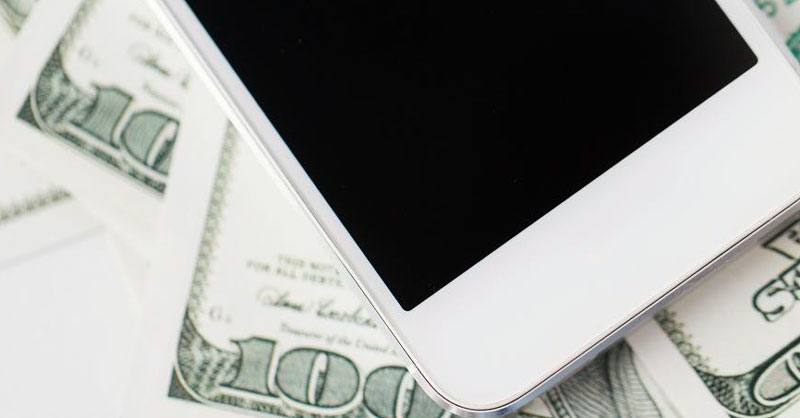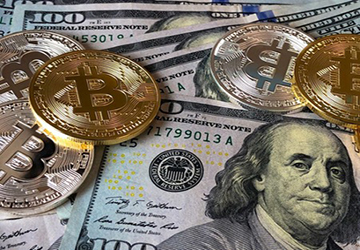Currently, CFG Bank is the only national bank offering a savings account with a higher interest rate than the current national average of 0.01% APY. We've compiled a list of the best savings account rates available right now, and one of them is 18 times the FDIC's national average of 0.21% APY. Our weekly survey of over 200 US banks and credit unions that offer savings accounts reveals that even the 10th best rate earns 3.50% APY. We have listed the top savings account rates in the country after showcasing some of our partners' featured offers.
In some financial institutions, savings accounts are renamed "money market" accounts. Money market accounts, unlike savings accounts, typically allow account holders to write checks. While the name may imply otherwise, the accounts we've ranked here all function like savings accounts and do not allow check writing.
The best annual percentage yields (APY) for savings accounts may be found in the following table. In cases when multiple financial institutions provide the same rate, we ranked accounts based on the lowest required minimum amount to maintain the account.
The Definition of a High-Interest Savings Account
High-yield savings accounts, as the name implies, offer substantially higher interest rates than regular savings accounts. They are founded on the premise that it is advantageous to keep your funds with whichever bank offers the highest yield, regardless of whether that bank is online-only or a traditional brick-and-mortar institution.

The best savings accounts in the country usually pay 15 to 20 times the national average interest rate, demonstrating the wide range of possible returns. Since it is easy to link a high-yield savings account to your primary account for convenient transfers, you can keep your checking account where it is.
Can I Trust an Online Savings Account with My Money?
This insurance is carried by the great majority of banks, both traditional and virtual. NCUA insurance, provided to the great majority of credit institutions by the U.S. government, guarantees clients of credit unions up to $250,000.
This means that the security of your deposits is the same whether you bank at a physical location or online only. Before you start doing business with a new financial institution, be sure they are a member of the FDIC or NCUA. Explain the Variation between a High-Interest Savings Account and a Money Market Account.
There is a close relationship between savings accounts and money market accounts. Both offer convenient access to your money and primarily allow you to save money and earn interest on your balance. Furthermore, federal legislation that caps withdrawals from savings accounts at six per month is applied to both types of accounts.
Historically, the ability to make checks on a money market account has been the primary defining feature of this account type above traditional savings accounts. Alternatively, savings accounts normally only permit withdrawals by electronic transfer, ATM cards (where supplied), or in-branch visits.
How Frequently Do You See The Interest Rate Fluctuate?
Your savings account's annual percentage yield (APY) on the day you open it is not guaranteed. The account's interest rate is variable and subject to change at any time.
The Federal Reserve plays a major role in determining whether the rate will rise or fall and how often it will be adjusted. Banks and credit unions usually move in the same direction as the federal funds rate after changing it.
However, fluctuations in savings account rates are only sometimes seen weekly or even monthly. In the absence of any new actions by the Fed, interest rates typically remain unchanged for a period of weeks to months.
According to the Federal Deposit Insurance Corporation, the average annual percentage yield (APY) on savings accounts is merely 0.21%. (FDIC). That's more than 18 times lower than the best savings accounts pay. Banks are increasing their APY payouts to clients directly from the Federal Reserve's policy of gradually raising interest rates.
Hundreds of high-yield savings accounts from online and traditional banks and major credit unions were compared and contrasted by Select to discover the finest options available. Most online banks we looked at had greater APYs, fewer fees, and more perks than national brick-and-mortar banks, but they didn't have any physical locations. We ranked the best eight based on APY, usability, account accessibility, monthly fees, and minimum balance requirements.
Our recommended savings accounts have competitive annual percentage yields (APYs) for all account holders (regardless of amount), are FDIC-insured, have no minimum opening deposit, and no monthly service costs (see our methodology for more information on how we choose the best high-yield savings accounts).



